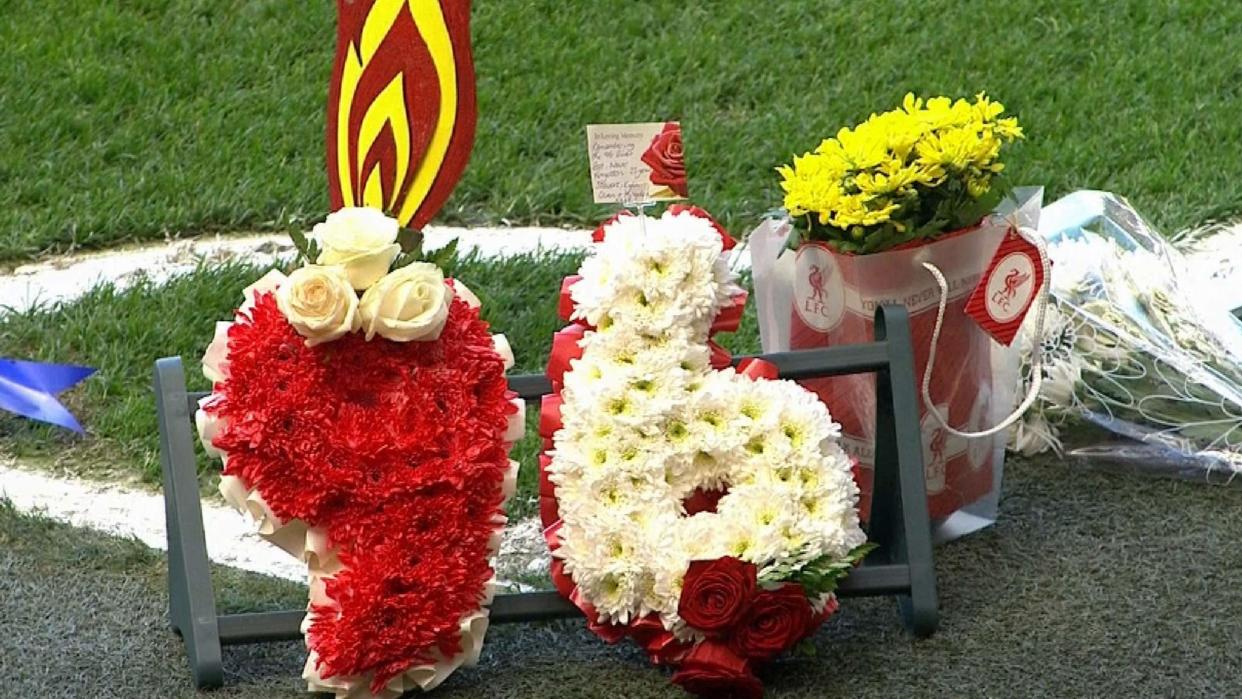Hillsborough 'Lacked Emergency Disaster Plan'

The emergency plan in place on the day of the Hillsborough disaster was "bare bones" and "lacked substance", an expert has told a jury.
David Whitmore, a former senior paramedic and operations manager in the London Ambulance Service, told the new inquests into the deaths of 96 Liverpool football fans that more should have been done to raise the alarm as the disaster began to unfold.
The jury heard how Mr Whitmore had more than 30 years' experience responding to emergencies and disasters both in a management role and in the field.
Questioned by Christina Lambert, on behalf of the coroner, Mr Whitmore was asked for his opinion on the emergency plan in place at the time of the tragedy in 1989.
Mr Whitmore said: "I use the term 'bare bones'. It did cover the general, very general principles, but unfortunately it did not have much substance behind that to truly inform anybody who had to actually use that plan in action."
In his opinion, he said, the instructions to first responders were "not very clear", adding that there was no mention of mobile medical teams - something he called "a deficiency", the inquest heard.
First attending crews did not look into the Leppings Lane end, where the crush occurred, nor did they speak to fans to find out what was happening, the jury heard.
Ms Lambert said: "Should they have looked for themselves into the pens, if that were possible?"
Mr Whitmore said: "Absolutely."
Mr Lambert asked: "Should they have spoken to others in the Leppings Lane terrace area, either police, St John Ambulance or others?"
"Yes they should have done," replied Mr Whitmore.
Ms Lambert asked: "How does that failure, as you've described it, to establish what was going on in the pens compare with the standards of a reasonably competent ambulance service?"
Mr Whitmore said: "It falls below that. I would have expected those actions of any member of any ambulance service at that time."
The inquests continue.

 Yahoo News
Yahoo News 
